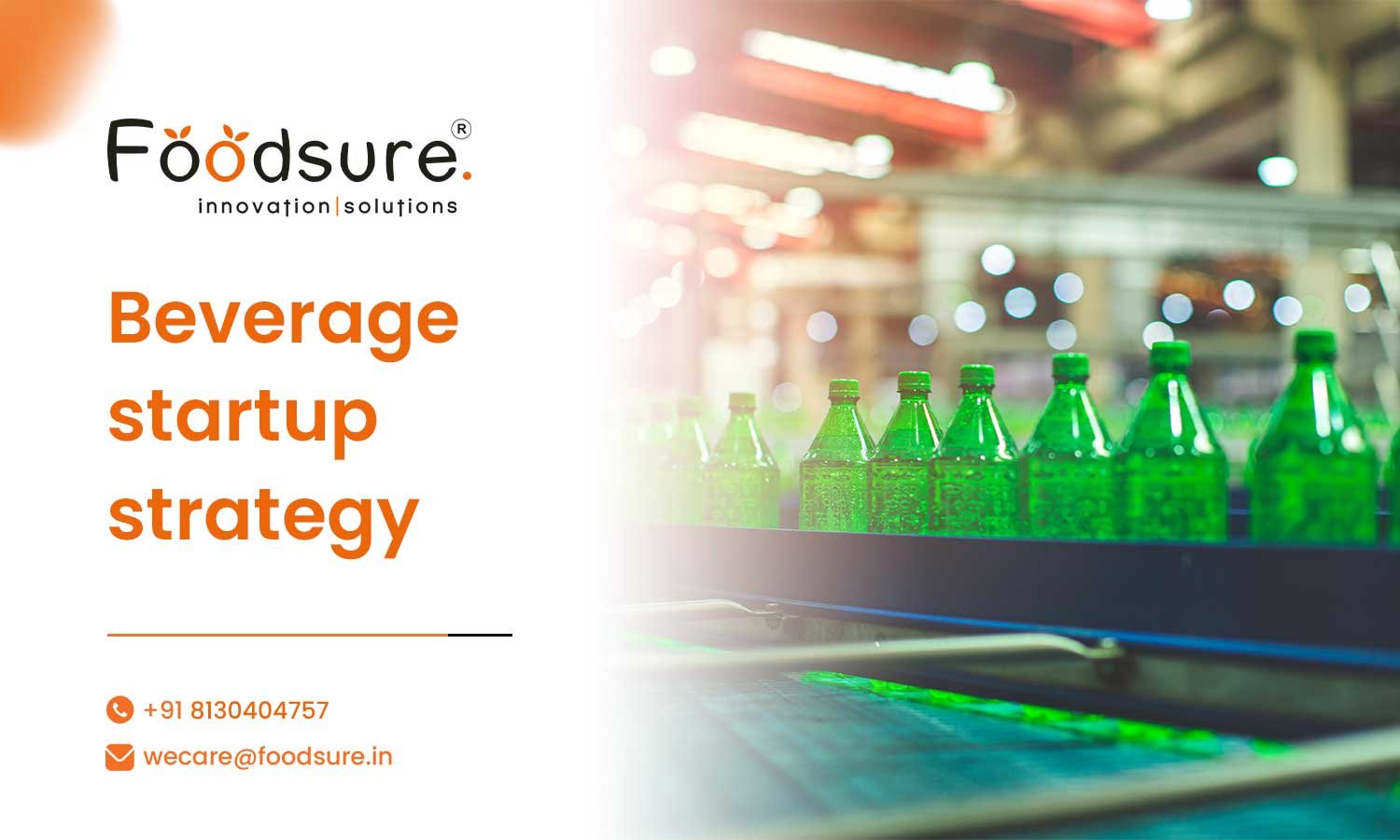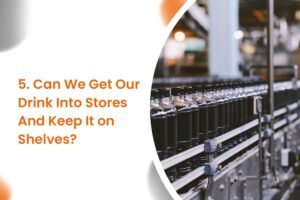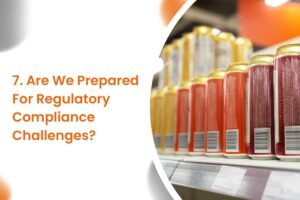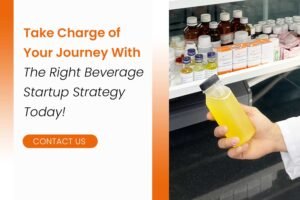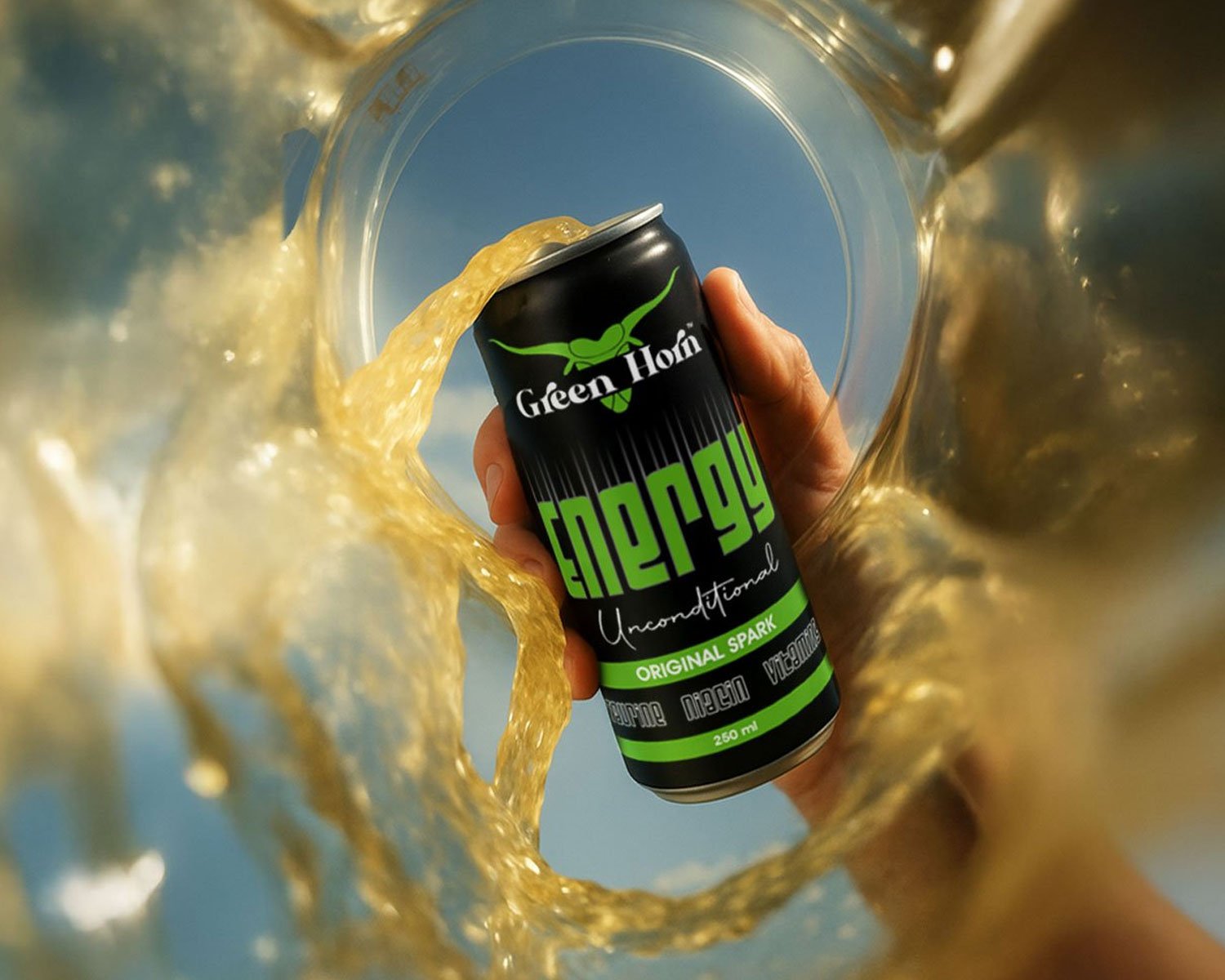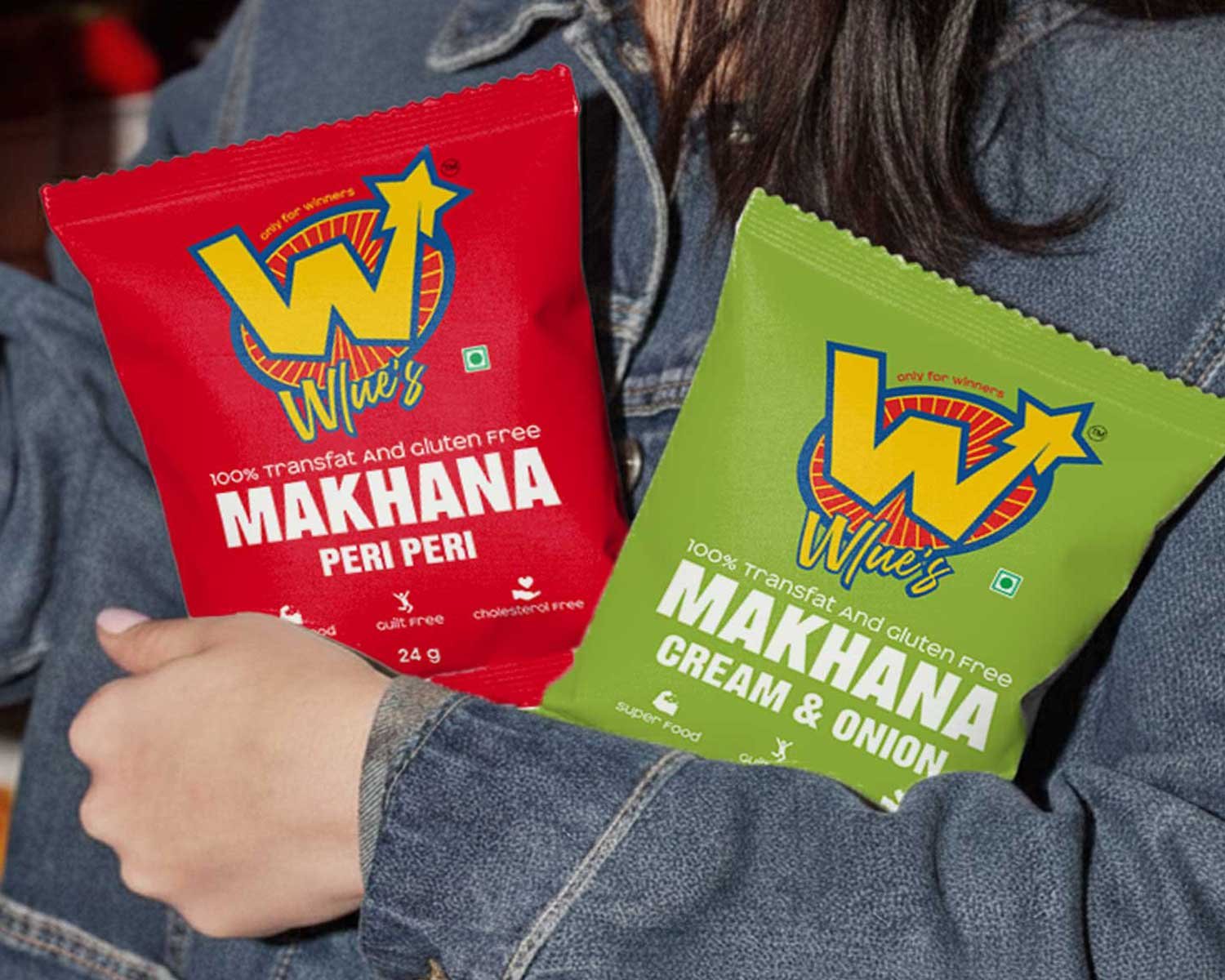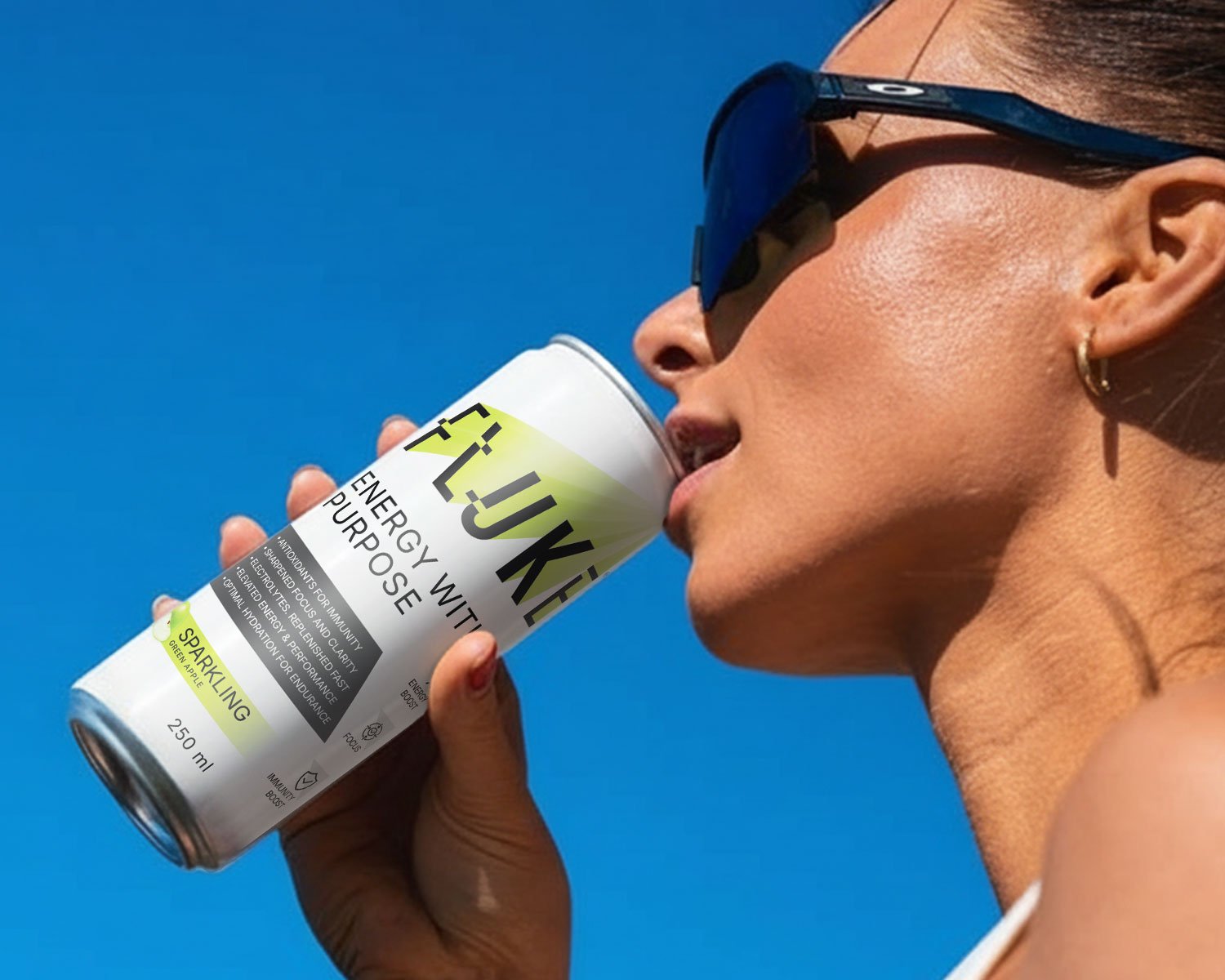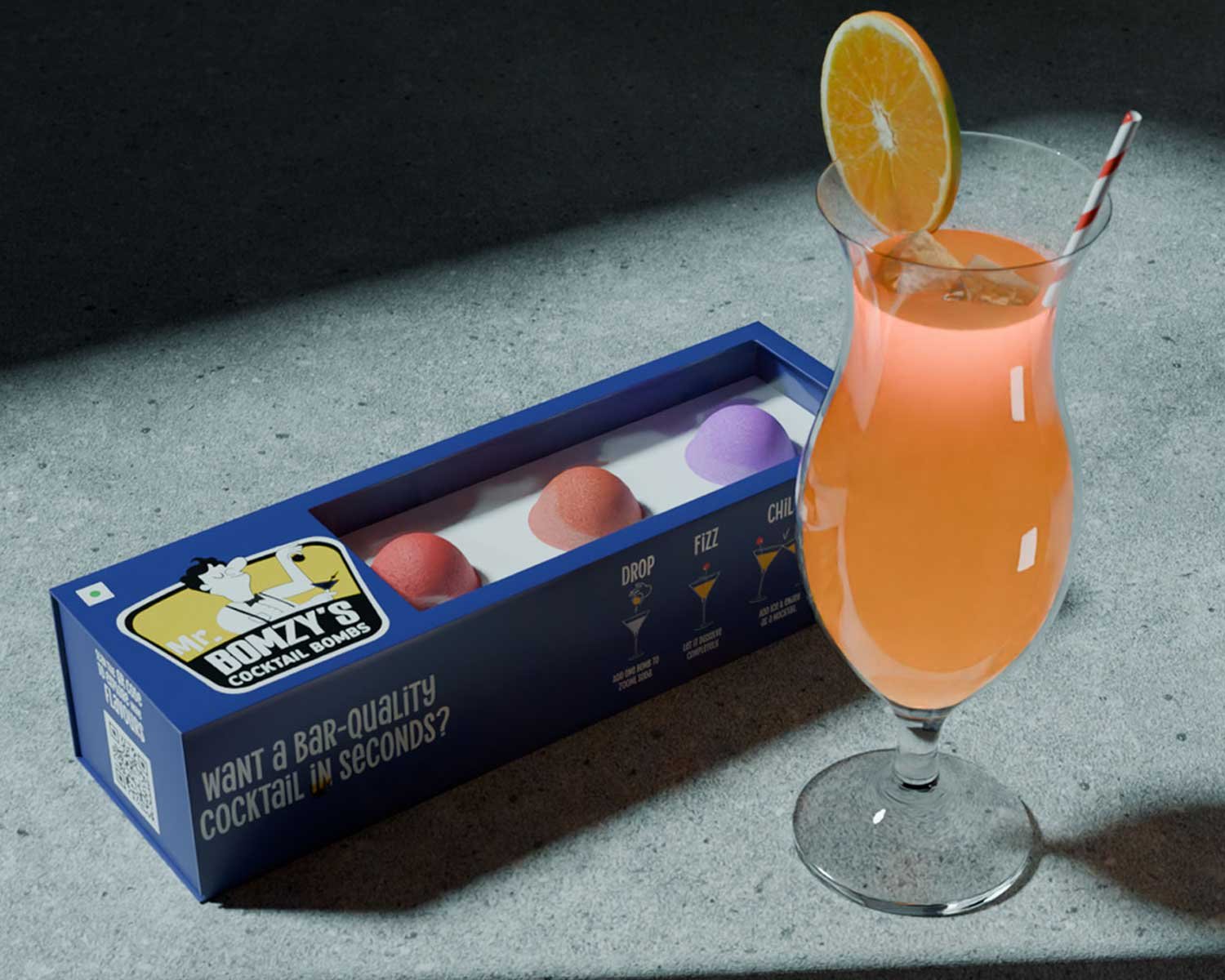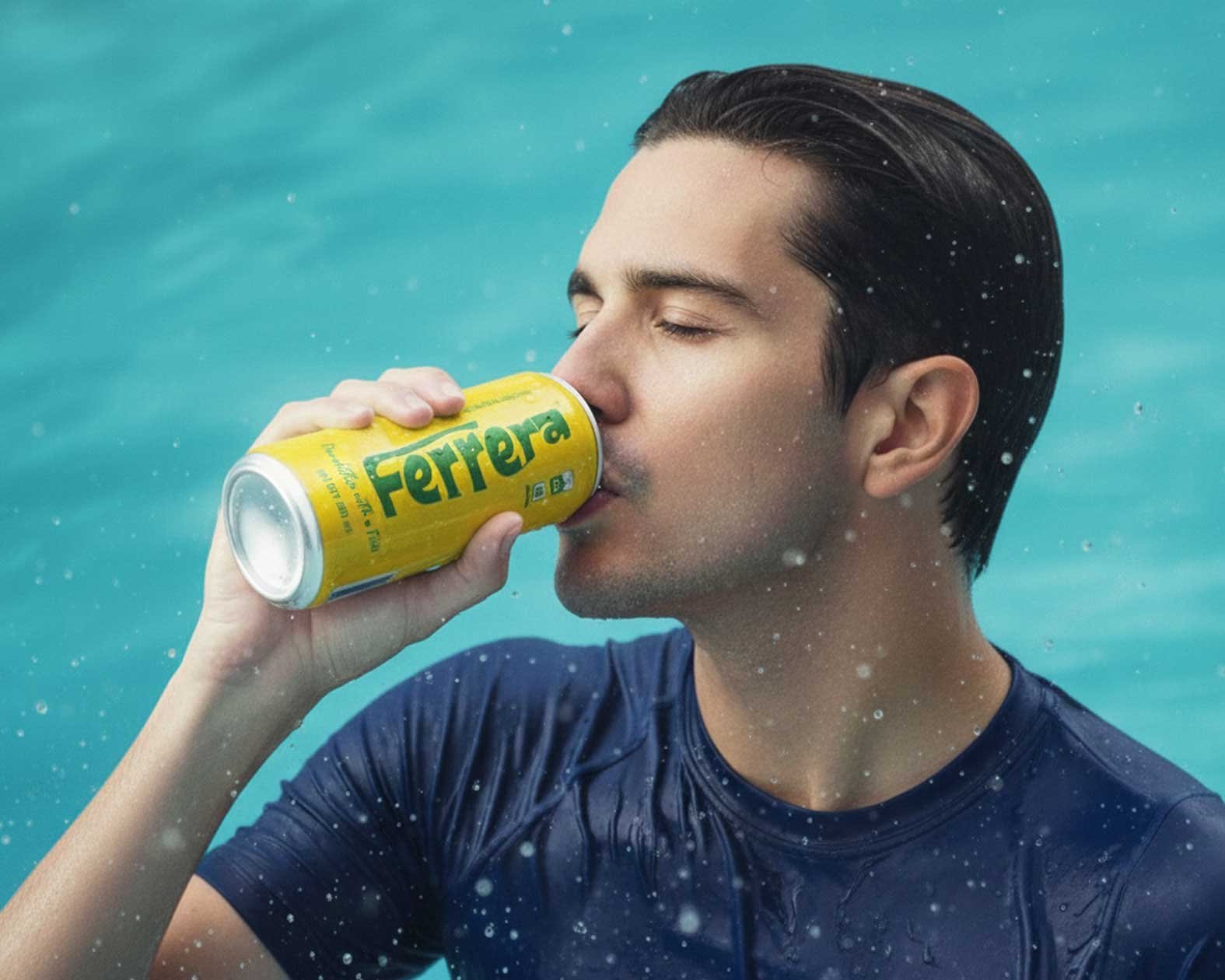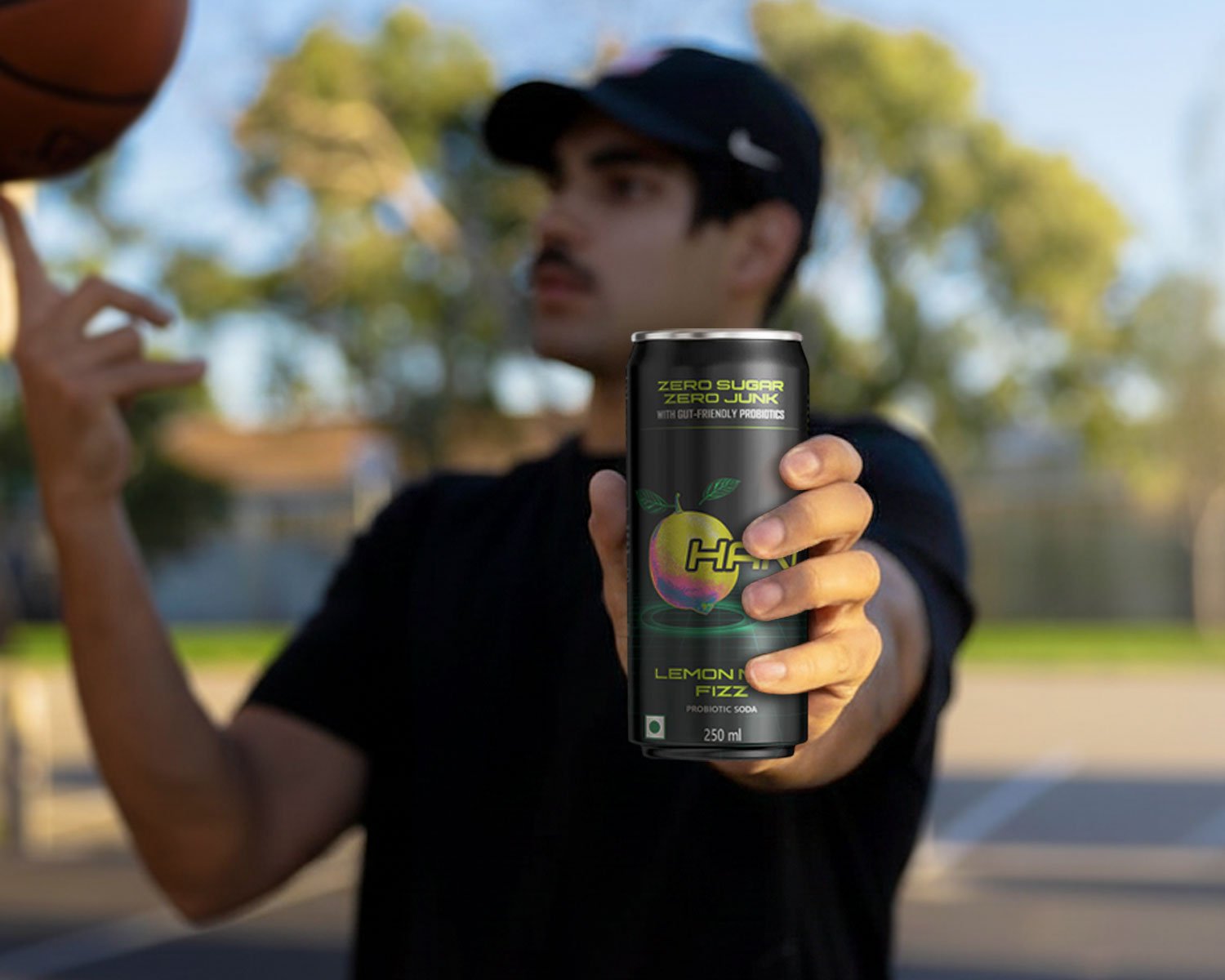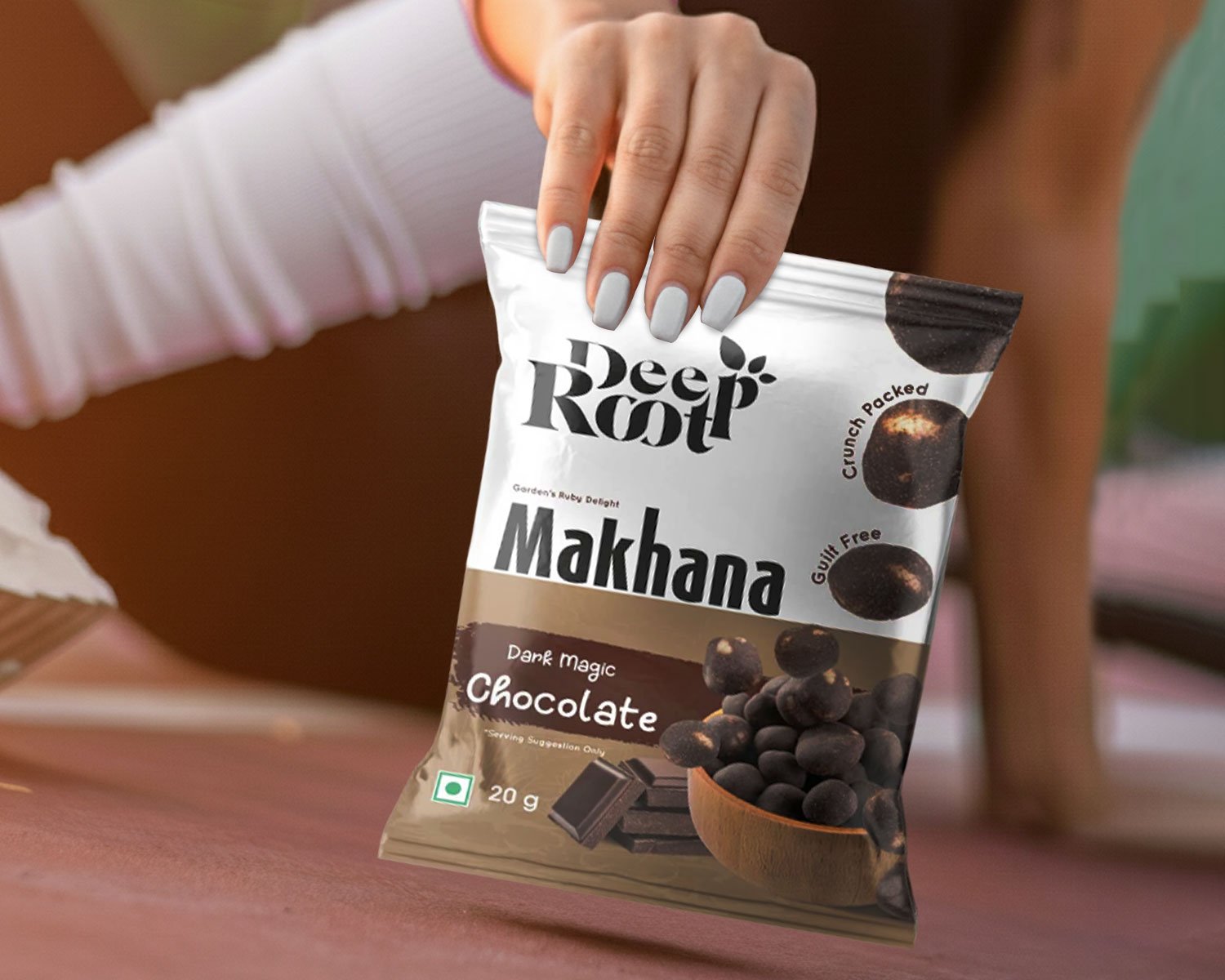Launching a beverage brand is an exciting adventure that is filled with dreams of seeing your drink on store shelves and in the hands of thousands of customers. But, turning a kitchen idea into a well-known brand comes with many challenges that are more than just flavor and packaging. Many beverage entrepreneurs focus only on recipe formulation, packaging design, and social media buzz, and ignore the tough, foundational questions that separate the trendy drinks and the beverage brands. Through this blog, you will be able to know the crucial or ignored questions every beverage startup should ask while making a beverage startup strategy.
1. Do We Truly Understand The Business Side—Not Just The Product?
Every beverage startup starts with creativity, but for sustainable growth, a powerful knowledge of business fundamentals is important. In the beverage industry, those who ignore the numbers or facts, no matter how innovative their product may be, can fail. Many beverage founders ignore the challenges of managing costs, pricing, and logistics in the beverage market. Without a clear understanding of these business elements, even the most exciting beverage brand can quickly be destroyed.
Key Considerations:
- Cost of Goods & Margins: Calculate every cost during the building up of a beverage brand, starting from ingredients, packaging, production, shipping, to warehousing. These calculations should be done carefully, as even small miscalculations can destroy your beverage brand.
- Pricing: The right beverage startup strategy also includes set prices that balance consumer expectations, retailer margins, and your own profitability.
- Supply Chain Logistics: Make a proper beverage supply chain strategy that will help you in powerful sourcing, production, and distribution, which is most important in a beverage startup strategy. Delays in the supply chain can make your beverage brand fail.
- Key Metrics: Track gross margin, cash flow, sell-through rates, and customer transaction costs. These numbers guide decisions and reveal early warning signs.
2. Does Our Brand Solve A Real Problem—Or Just Our Own Passion?
Consumers, nowadays, have millions of choices. To stand out in the competitive beverage market, a beverage startup should address the problems of consumers and not just the taste or passion of the founder. The drink is only preferred by consumers when it fills a gap in the beverage industry. Building a brand around real consumer insights is the foundation for long-term success.
Key Considerations:
- “Reason why your drink exists”: The most successful beverage brands are when that meet the needs of the consumers. Check that your drink is just another option for consumers, or does it provide something truly different to them?
- Understand your customers: Research your audience. What are their pain points, desires, and daily routines? Build your beverage brand around these insights, not just your personal preferences.
- Unique Value Proposition of your drink: Define what sets your beverage unique in the market, the functional benefits, sustainability, flavor innovation, or cultural relevance.
3. Are We Ready To Grow Our Beverage Business?
The scaling of a beverage startup has its challenges and risks. While small-batch beverage production allows for flexibility, scaling up in the market reveals gaps in your processes and infrastructure. Many beverage businesses fail at this point as they ignore the resources and expertise that are required to maintain quality and efficiency at a larger scale. It is important to avoid these mistakes to have growth in your beverage startup.
Key Considerations:
- More production means more problems: Mostly, what works for small batches breaks down at a large scale. Higher production has more risks, like quality control, supply chain bottlenecks, and increased capital requirements.
- Suppliers and Partners: Early-stage beverage brands struggle with high minimum order quantities (MOQs), unreliable suppliers, and a lack of industry guidance. Therefore, building relationships with trustworthy partners is most important for a beverage startup.
- Cash Flow Management: Scaling needs major investment in production, inventory, and marketing, before revenue catches up.
4. How Will We Stand Out In A Saturated Market?
To stand out in the market and to put your products on the shelves, uniqueness is most important. The beverage industry prefers brands that bring something new and memorable to consumers. Whether it is a unique flavor, a functional benefit, or a compelling story, it must be emotionally connected with the consumers. Your beverage brand should have a unique identity to attract attention and build loyalty among consumers.
Key Considerations:
- Product Innovation: Does your drink give a new flavor, functional benefit, or health advantage to the consumers? Does it meet new beverage trends?
- Brand Storytelling: Memorable beverage brands connect emotionally with consumers. Create a compelling narrative that builds loyalty for your beverage startup.
- Create an experience: More than taste, consider the packaging and branding of your beverage.
5. Can We Get Our Drink Into Stores And Keep It On Shelves?
Distribution of the beverages is the most challenging part for any beverage startup. Getting your beverage product into stores is important, but it is just the beginning; the toughest part is shelf space and consumer attention. Big beverage brands have strong connections and more resources, which makes it hard for beverage startups to get noticed and stay in the market. To succeed, beverage startups should do smart distribution plans and must constantly perform well.
Key Considerations:
- Distribution Challenges: The established beverage brands have deep connections and so beverage startups need to work with a proper beverage startup strategy to maintain shelf space.
- Work with Retailers: The Success of your beverage startup is not just about getting shelf space. You also need to sell fast, run good promotions, and stay in touch with the best retail partner.
- Alternative Channels: Consider direct-to-consumer sales, e-commerce, and foodservice as complementary distribution strategies for your beverage recipe development.
6. Do We Have The Right Beverage Partners And Infrastructure?
A successful beverage brand is only successful when it has the right beverage product development partners and powerful infrastructure. From manufacturing to distribution, the right support from beverage recipe development consultants can help you grow in the market and reduce risks. Their expertise and resources can make the difference between scaling smoothly and facing operational difficulties.
Key Considerations:
- Strategic Partners: Get connected with co-packers, distributors, and advisors who understand your vision and can help you in scaling beverage production.
- Operational Capital: More than funding, look for the expertise, flexible manufacturing, and reliable logistics partners to grow your beverage business.
- Use proven systems: Utilize proven systems in your beverage startup brand.
7. Are We Prepared For Regulatory Compliance Challenges?
Meeting the rules and regulations is challenging, but also important that most beverage startups ignore. Compliance issues can stall your progress or even end your business before it truly starts. Each beverage category comes with its own set of rules, from labeling to safety standards. Staying informed about compliance is most important for long-term success.
Key Considerations:
- Labeling Laws: Make sure that your packaging meets all federal, state, and local labeling requirements, including ingredient disclosures and health claims.
- Safety Standards: Adhere to food safety protocols and quality assurance processes to avoid recalls or legal issues in your beverage product development.
- Alcoholic & Functional Beverages: These categories face additional rules and require special legal guidance.
The Future Of Beverage Startups
The beverage industry is growing rapidly and transforming due to different preferences of the consumers and technological advancements. For beverage startups, the barriers are high, but so are the opportunities for those who ask the right questions and build a proper foundation.
Staying focused on consumer needs, embracing innovation, and remaining adaptable to new things will help you in long-term growth. The brands that succeed will be those that combine creativity with operational excellence and a deep understanding of the beverage market.
Take Charge of Your Journey With The Right Beverage Startup Strategy Today!
Ready to turn your beverage idea into a brand that stands out and lasts? Start asking the right questions today, don’t just dream about success, build it. Get in, do the hard work, and make your drink the next big name on the shelf. Your journey from kitchen to market starts now. Take the first step with Foodsure’s best beverage recipe formulation consultants! Call us now on +91 8130404757.
Frequently Asked Questions
What is a beverage startup strategy?
A beverage startup strategy is a structured plan covering product positioning, formulation, compliance, manufacturing, cost control, and market entry.
Why is a clear strategy critical for beverage startups?
A clear strategy helps avoid cost overruns, delayed launches, compliance failures, and poor product–market fit.
What should be the first step in building a beverage startup strategy?
The first step is validating the target market, consumer need, and category opportunity before starting product development.
How important is formulation strategy in beverage startups?
Formulation strategy impacts taste, stability, shelf life, regulatory compliance, production cost, and scalability.
How does shelf life planning affect beverage startup strategy?
Shelf life planning influences packaging choice, distribution reach, inventory cycles, and working capital requirements.
Should beverage startups prioritize speed or perfection?
Startups should prioritize structured speed—launching efficiently with validated quality rather than delaying endlessly for perfection.
How can beverage startups manage costs strategically?
Costs can be controlled through phased launches, contract manufacturing, limited SKUs, and early alignment of formulation and packaging.
What role does compliance play in beverage startup strategy?
Compliance enables legal market entry and brand trust, while poor planning can delay or block product launches.
How should beverage startups plan their go-to-market strategy?
Go-to-market planning should align pricing, distribution channels, marketing, and production volumes with realistic demand forecasts.
What is the most common strategic mistake beverage startups make?
Focusing only on the product idea while ignoring execution planning, cost structure, shelf life, and compliance.

